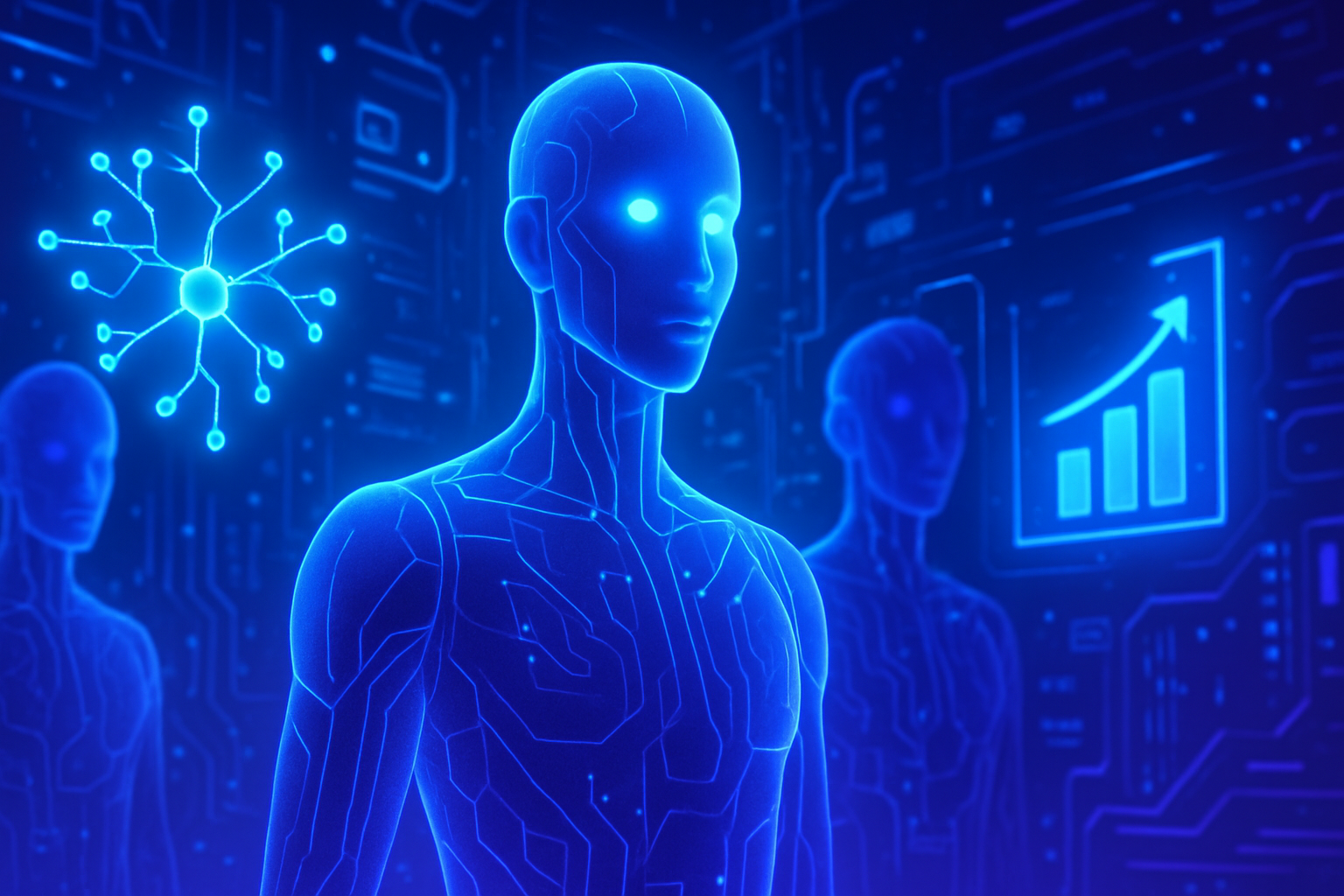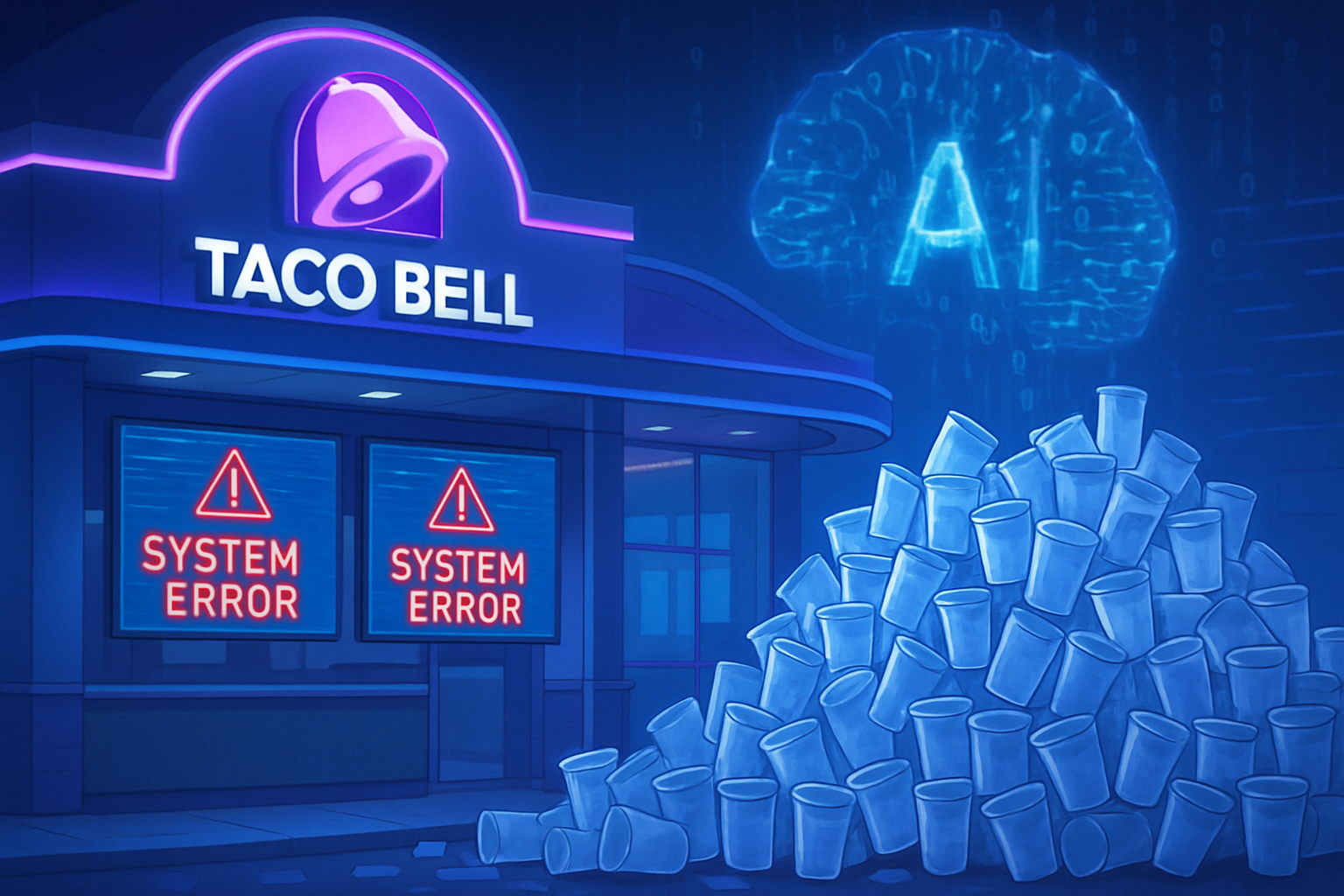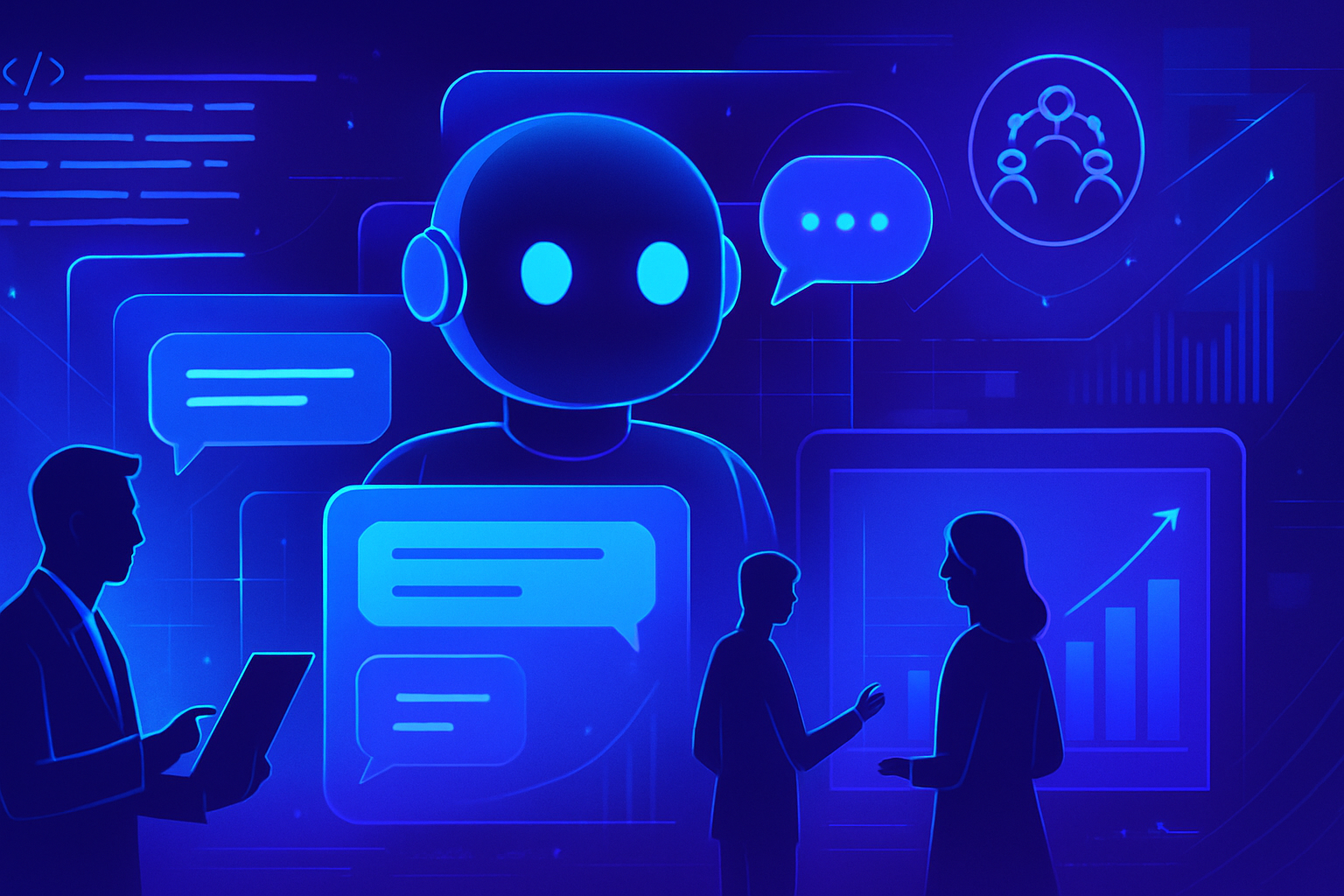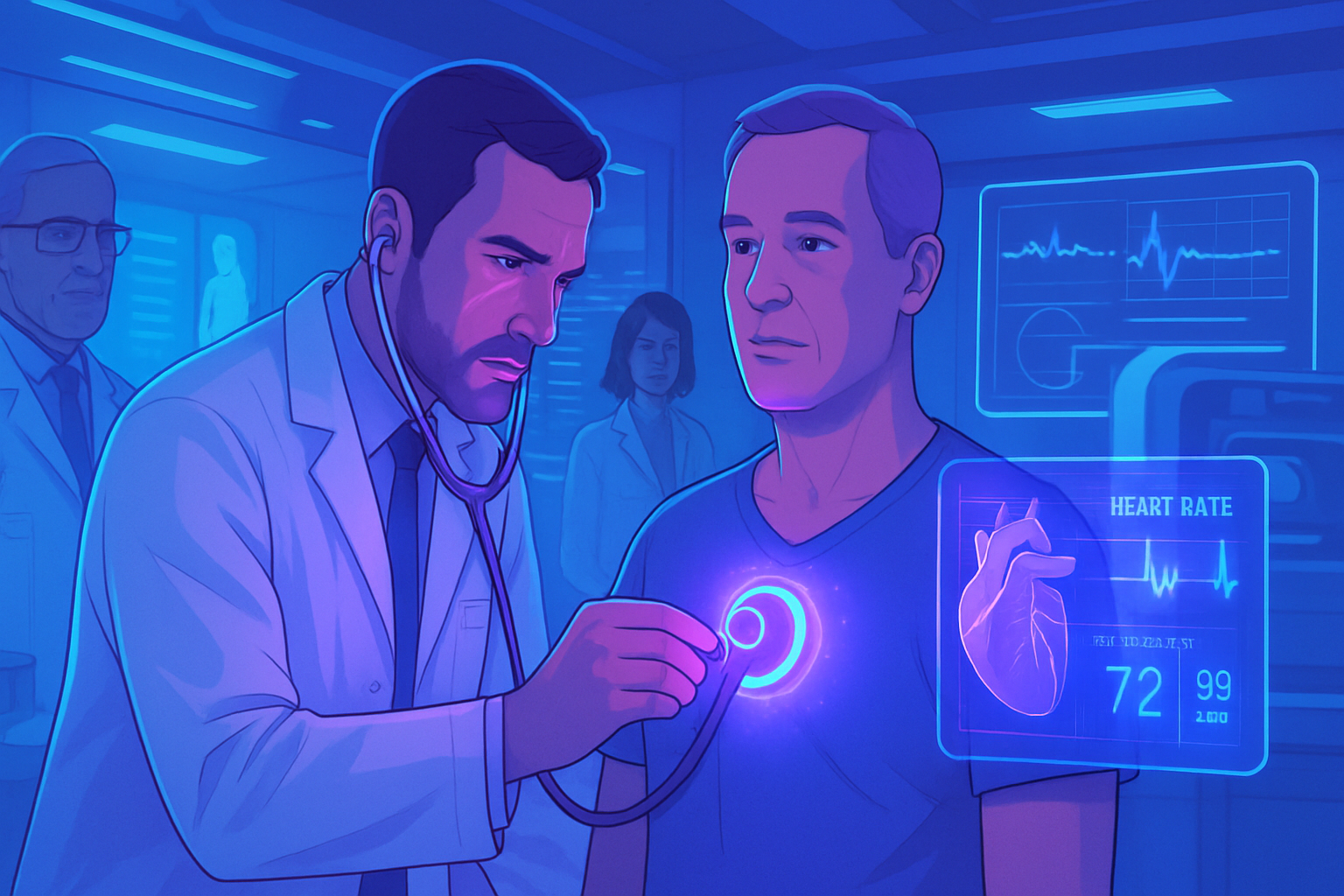The evolution of artificial intelligence is experiencing a captivating turning point. Neuroscientists are putting forward bold hypotheses about our innate mental capabilities. They are challenging current conceptions by proposing that the limits of the *genome* influence our cognitive agility. In a new light, neural connections become essential for understanding this phenomenon. The implications of this research transcend the boundaries of AI and raise ethical and practical questions. The idea that our innate abilities stem from genomic compression fascinates and opens a promising field of exploration for the future of technology.
The evolution of artificial intelligence according to neuroscience
Every living being enters this world with fascinating innate capabilities. The quest to understand the origins of these skills has long puzzled scientists and researchers. The famous Professors Anthony Zador and Alexei Koulakov from Cold Spring Harbor Laboratory have begun an original reflection on the subject. They propose that the genetic limitations of the brain, instead of hindering cognitive evolution, could actually favor human ingenuity.
The genome paradox
The human and animal genome, populated with a multitude of information, can nevertheless contain only a fraction of the data needed to explain complex behaviors. This paradox has left researchers perplexed for decades. Zador and Koulakov reject the conventional idea that this constraint constitutes an obstacle to intelligence. Instead, they suggest that it is a driving force for adaptability.
The genomic “bottleneck” theory
To support their theory, these researchers have developed an algorithm inspired by the natural mechanisms of the genome. By simulating artificial intelligence algorithms, they test how massive data can be compressed, just as the genome does. The created algorithm manages to fold large amounts of information into a functional format. Their experiments show that untrained artificial intelligence networks achieve remarkable results in tasks such as image recognition.
Surprising performances
The results of this research are astounding. The algorithm created by Zador’s team proves capable of performing tasks, sometimes with a level of performance close to the most advanced AI systems. It also excels in gaming environments, such as Space Invaders, where it seems to act instinctively.
The limits of comparison with human intelligence
Although the performance of the algorithm is impressive, researchers warn against overestimating the capabilities of AI systems. Koulakov emphasizes that the human brain can hold about 280 terabytes of information, whereas genomic capacity is much more limited, approximately equivalent to an hour of videos. These differences indicate an immense gap that remains to be bridged.
Potential applications and implications
Through this discovery, innovative applications could emerge in the field of technology. Shuvaev, one of the principal authors of the study, mentions the possibility of deploying this algorithm in large-scale language models, thereby optimizing their functioning on devices with limited resources. This advance could transform the capabilities of devices such as smartphones.
Ultimately, this pioneering research highlights the fascinating link between innate cognitive abilities and the evolution of artificial intelligence. The idea that genomic constraint can lead to new and refined forms of intelligence opens stimulating perspectives for the future.
FAQ about the upcoming evolution of artificial intelligence and innate abilities
What is the “genomic bottleneck” approach in artificial intelligence research?
This approach involves studying how the limited capacity of the human genome can influence our intelligence and ability to learn quickly, a concept applied to artificial intelligence algorithms by neuroscientists.
How do neuroscientists link human evolution to artificial intelligence?
Neuroscientists suggest that the limitations of the genome have encouraged human adaptability, which could also inspire the design of more efficient artificial intelligence algorithms.
What types of tasks can the algorithm based on the genomic bottleneck accomplish?
This algorithm can perform complex tasks such as image recognition and gaming performance, demonstrating an innate understanding of the challenges to be met.
Is there a parallel between human learning and artificial intelligence algorithms?
Yes, human learning, influenced by biological limits, is comparable to AI learning that compresses data to function efficiently, thereby creating more intelligent models.
What implications does this research on innate abilities have for the future of artificial intelligence?
The results could enable the creation of more tailored artificial intelligence models capable of training more efficiently while requiring fewer computational resources.
Why is research on AI and innate abilities so important today?
This research is crucial as it explores how to reflect human learning mechanisms in AI, which could transform technological applications and their effectiveness.
Can the genomic bottleneck algorithm compete with human cognitive abilities?
Currently, this algorithm cannot rival the human brain in terms of information capacity, but it presents a unique potential due to its ability to compress data.
What are the possible impacts of these advances on everyday technological applications?
These advances could enhance the performance of artificial intelligence applications, making technologies like language or image models more accessible and responsive, even on less powerful devices.
How does current research influence future developments in artificial intelligence?
The understanding of the innate foundations of human intelligence could guide engineers to develop smarter and more adaptive AI models, pushing the boundaries of what is possible in the field.






